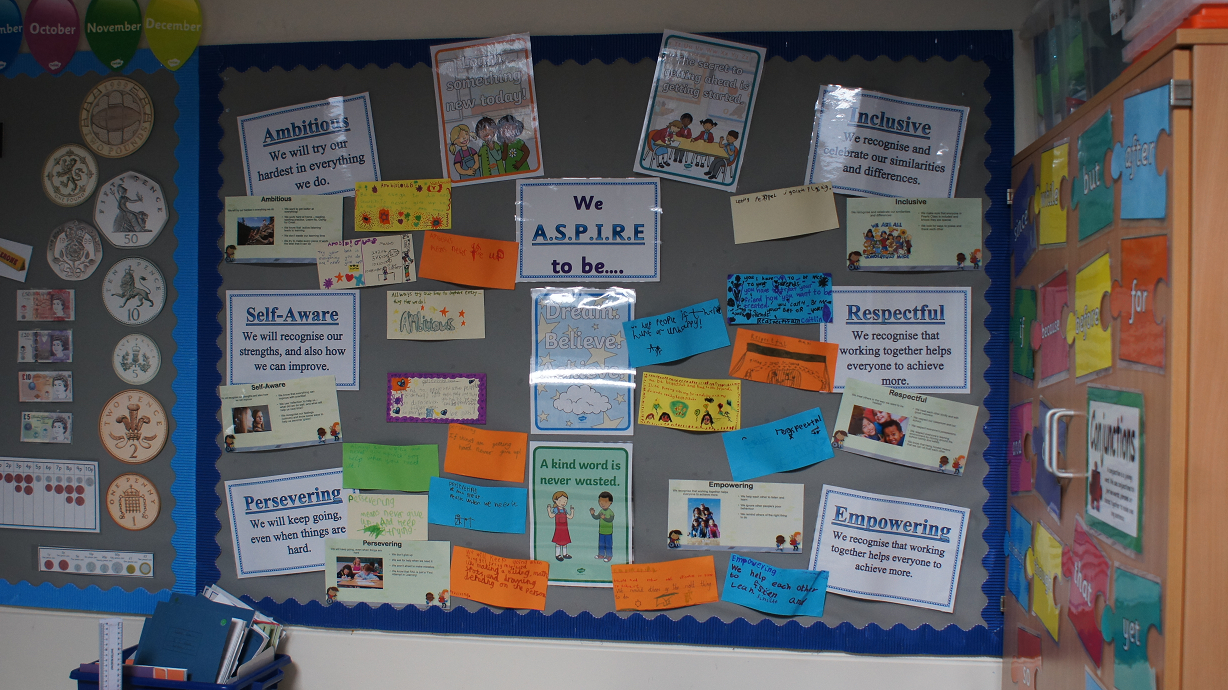Personal, Social, Health Education (PSHE)
PSHE at The Vineyard enables children to be caring, curious and courageous individuals, so that they are ready for each transition throughout primary school and as they progress on to secondary school.
Through our carefully constructed curriculum, a Vineyard child learns to:
- understand that we celebrate our differences, and know how to develop and maintain respectful relationships
- understand the importance of looking after our physical and mental health and can develop strategies to support ourselves with this
- keep themselves safe in all aspects of their life, including online
- understand how we change both physically and emotionally as we grow up (age appropriately)


